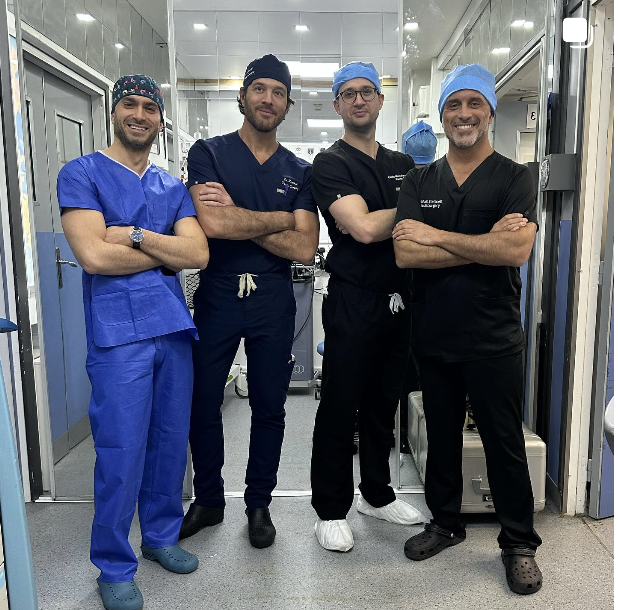What to Expect from a Breast Implant Illness Treatment
Diagnosis and Testing: There is no definitive test for BII. Diagnosis typically involves ruling out other potential causes for the symptoms, such as autoimmune diseases like lupus or rheumatoid arthritis, thyroid disorders, or Lyme disease. Healthcare providers may recommend a series of tests, including blood work and imaging, to rule out these conditions before considering a diagnosis of BII. The presence of symptoms alone is not enough to confirm BII.
Management and Treatment: Treatment for BII often involves removing the breast implants, a procedure known as explant surgery. Some patients also opt for the removal of the scar tissue surrounding the implant, a process called a capsulectomy. In some cases, the implant and the surrounding capsule are removed together in a procedure known as en bloc capsulectomy. While many patients report an improvement in symptoms following implant removal, others may not experience complete relief.
Prevention: As the exact cause of BII remains unknown, there are no guaranteed preventive measures. However, opting not to undergo breast augmentation or choosing alternative methods for achieving cosmetic goals, such as fat grafting, can eliminate the risk. Those with existing implants who experience symptoms should consult with their plastic surgeon to discuss potential options, including implant removal.
Prognosis: While many patients experience symptom relief after implant removal, research is ongoing to understand BII’s causes and long-term outcomes better. The prognosis varies based on individual factors, such as the duration of symptoms, underlying health conditions, and the body’s response to implant removal.
Living with BII: If you suspect you have BII, it’s essential to work closely with a healthcare provider who will listen to your concerns and guide you through the process of evaluating potential causes. Whether or not implant removal is part of the solution, patients living with BII should seek holistic care to address their symptoms.
Why Choose Dr. Mazzaferro?
Dr. Daniel Mazzaferro offers a compassionate and comprehensive approach to those experiencing symptoms related to breast implants. Breast Implant Illness surgery can cause fatigue, pain, or other unexplained health issues, but Dr. Mazzaferro will guide you through the process of removal and healing. His goal is to restore not only your physical health but also your peace of mind. If you’re considering surgery to address Breast Implant Illness, schedule a consultation today to discuss your options and take the first step toward feeling your best again.









